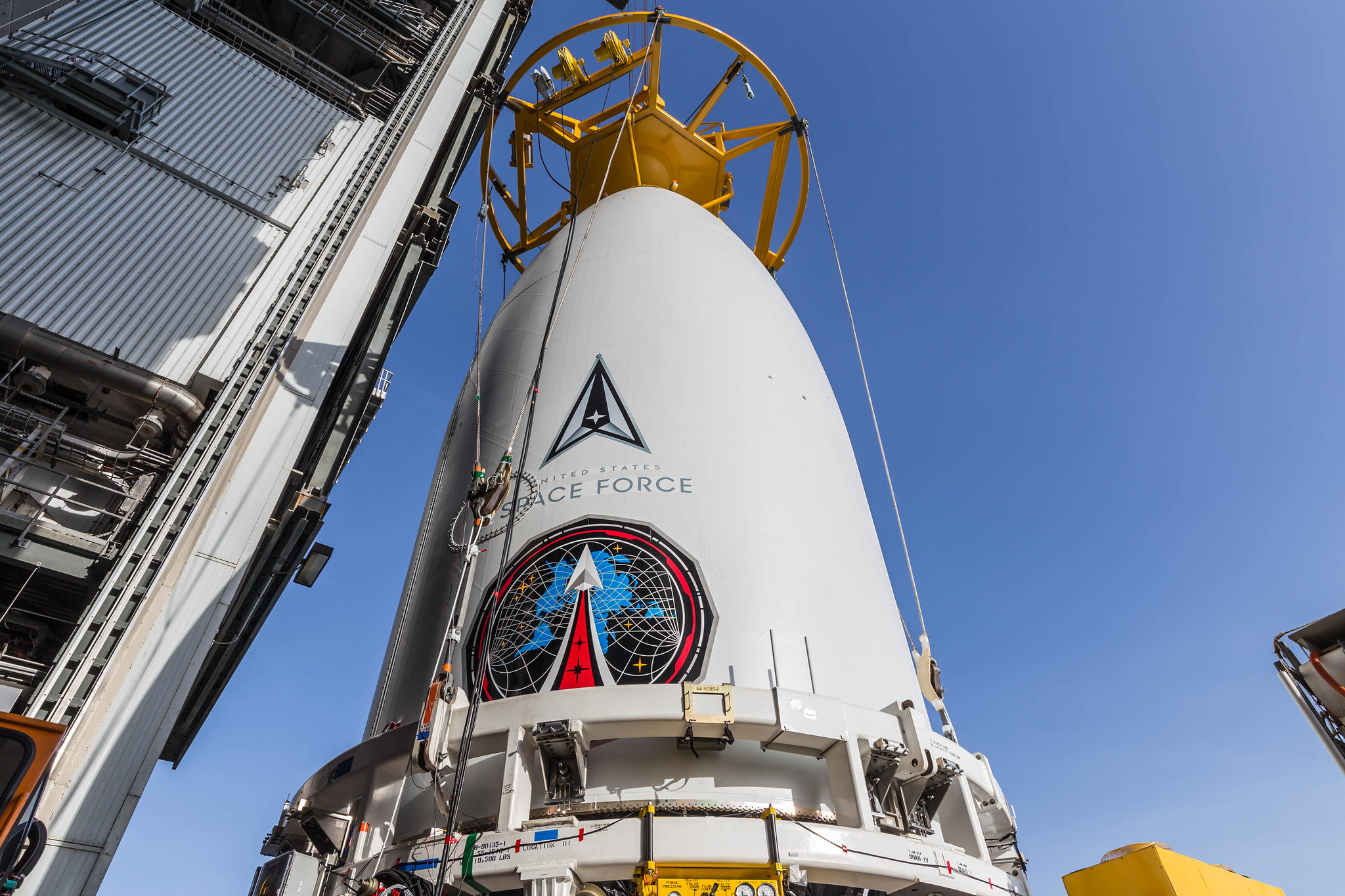Products You May Like
Acquisition executive Frank Calvelli said he would be open to a different model than the current two-vendor approach
WASHINGTON — The Space Force launch procurement command in Los Angeles later this year will send to the Pentagon a proposed strategy for selecting national security launch services providers for the next round of contracts expected to be awarded in 2024.
“The NSSL [National Security Space Launch] team is off working the strategy for Phase 3, but nothing has been agreed to yet,” Frank Calvelli, the Space Force’s senior acquisition executive, told reporters June 28.
United Launch Alliance and SpaceX in 2020 won five-year NSSL Phase 2 contracts to launch as many as 35 military and intelligence space missions. These contracts are up for recompete in 2024,
The launch office at the Space Systems Command will be drafting a proposed Phase 3 strategy over the summer and fall, “and then it’ll go through the approval cycle here. So it’s in the works,” he said.
Calvelli said he would be open to a different model than the current two-vendor approach. One of the options being discussed is to select multiple vendors to compete for task orders, a method the Space Force uses to buy smallsat launch services under the Rocket Systems Launch Program (RSLP). The program also allows new providers to be added if the government decides it needs more competitors.
“We haven’t made decisions on that, and we’re still thinking that through,” said Calvelli. “But that’s one thought that’s come up.”
Calvelli said he liked the RSLP model “because it allows new folks to be added in … and show that they can do things.” In the industry today “there’s all these different providers out there. And there’s some really great ones. So how do you take advantage of that and make sure you’re able to be innovative in terms of allowing new folks into the contract?”
The Space Systems Command has been doing market research in preparation for Phase 3. In January it issued a request to industry providers asking for information about their capabilities.
Chief of Space Operations Gen. John “Jay” Raymond told the House Armed Services Committee in April that “there’s room for increased competition” in the NSSL program. The committee in its version of the 2023 National Defense Authorization Act said the Space Force should “explore new and innovative acquisition approaches to leverage launch competition within the commercial market.”
Todd Harrison, senior vice president and head of research at Meta Aerospace, said the two-vendor strategy should be reconsidered.
“You don’t have to lock yourself into a five-year duopoly, which is what their current acquisition strategy does,” Harrison said June 28 during a National Security Space Association online event.
“They could open that up and you may have other launch companies like Blue Origin, and others becoming operational in the near future. So why limit yourself? Go with the best provider. That’s value.”
